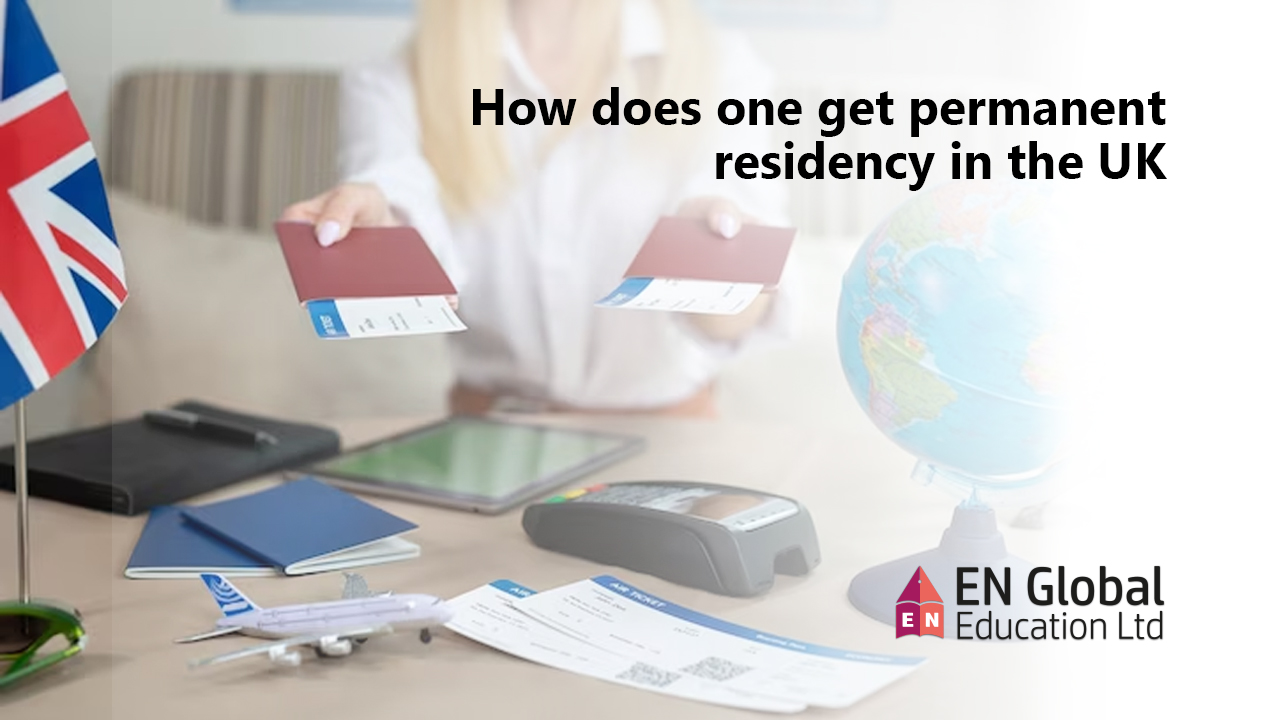The prospect of obtaining permanent residency in the United Kingdom is an enticing endeavor for many individuals seeking stability and a long-term connection to this culturally rich and diverse nation. While the process may seem daunting at first glance, understanding the steps and requirements can demystify the journey towards securing permanent residency.
1. Initial Eligibility Criteria:
Before embarking on the path to permanent residency, it is essential to fulfill certain eligibility criteria. Generally, individuals can apply for permanent residency after spending a specific period of time in the UK. For most categories, this qualifying period is typically five years, during which the applicant must have held continuous lawful residence in the country.
2. Types of Permanent Residency:
There are various routes to permanent residency in the UK, each tailored to different circumstances. The most common pathways include the:
Indefinite Leave to Remain (ILR): This is the traditional route to permanent residency and is available to individuals who have lived in the UK on a qualifying visa for a specified period.
Spouse or Partner Visa: Those married to or in a civil partnership with a British citizen or settled person can apply for permanent residency after living in the UK for five years under the spouse or partner visa.
Work Visa Categories: Individuals on certain work visas, such as the Skilled Worker Visa, may be eligible to apply for ILR after a prescribed period.
3. Meeting the Residence Requirements:
Continuous and lawful residence is a fundamental requirement for permanent residency. This means staying in the UK without any significant breaks in your immigration status. During the qualifying period, any breaks in residence, exceeding the allowed absence periods, could reset the eligibility clock.
4. Financial Stability and Good Character:
Applicants are typically required to demonstrate financial stability and good character. This includes proving that you can financially support yourself and any dependents without relying on public funds. Additionally, a clean criminal record is crucial to establishing good character.
5. The Application Process:
Once eligibility criteria are met, the next step involves submitting a well-documented application to the Home Office. The application process requires careful attention to detail, as any errors or omissions can lead to delays or rejection.
6. English Language Proficiency:
In many cases, applicants for permanent residency must demonstrate a certain level of proficiency in the English language. This requirement is usually satisfied by passing an approved English language test or by holding a relevant academic qualification.
7. Biometric Residence Permit (BRP):
Upon approval of the permanent residency application, successful applicants will be issued a Biometric Residence Permit (BRP), which serves as evidence of their settled status in the UK.
8. Citizenship Option:
While permanent residency offers a sense of security and belonging, individuals may also consider the option of British citizenship. After holding permanent residency for a specified period, individuals can apply for naturalization as British citizens, further solidifying their ties to the UK.
In conclusion, obtaining permanent residency in the UK is a significant milestone that requires careful planning, adherence to immigration rules, and dedication to meeting the necessary requirements. By navigating the process with diligence and understanding, individuals can successfully achieve settled status and enjoy the many benefits of a long-term connection to the United Kingdom.



